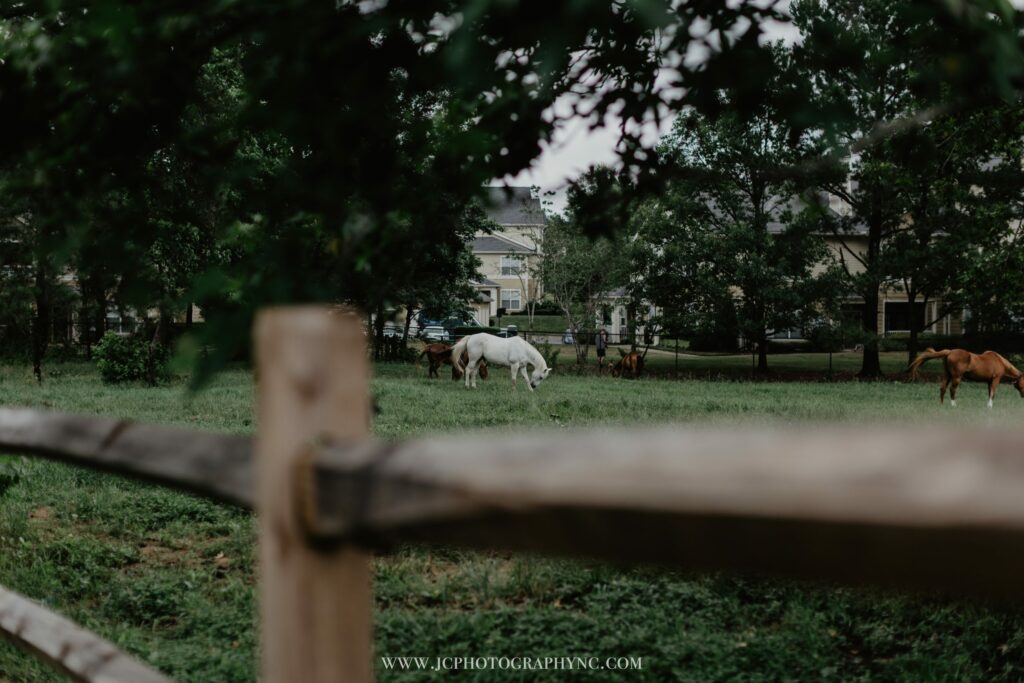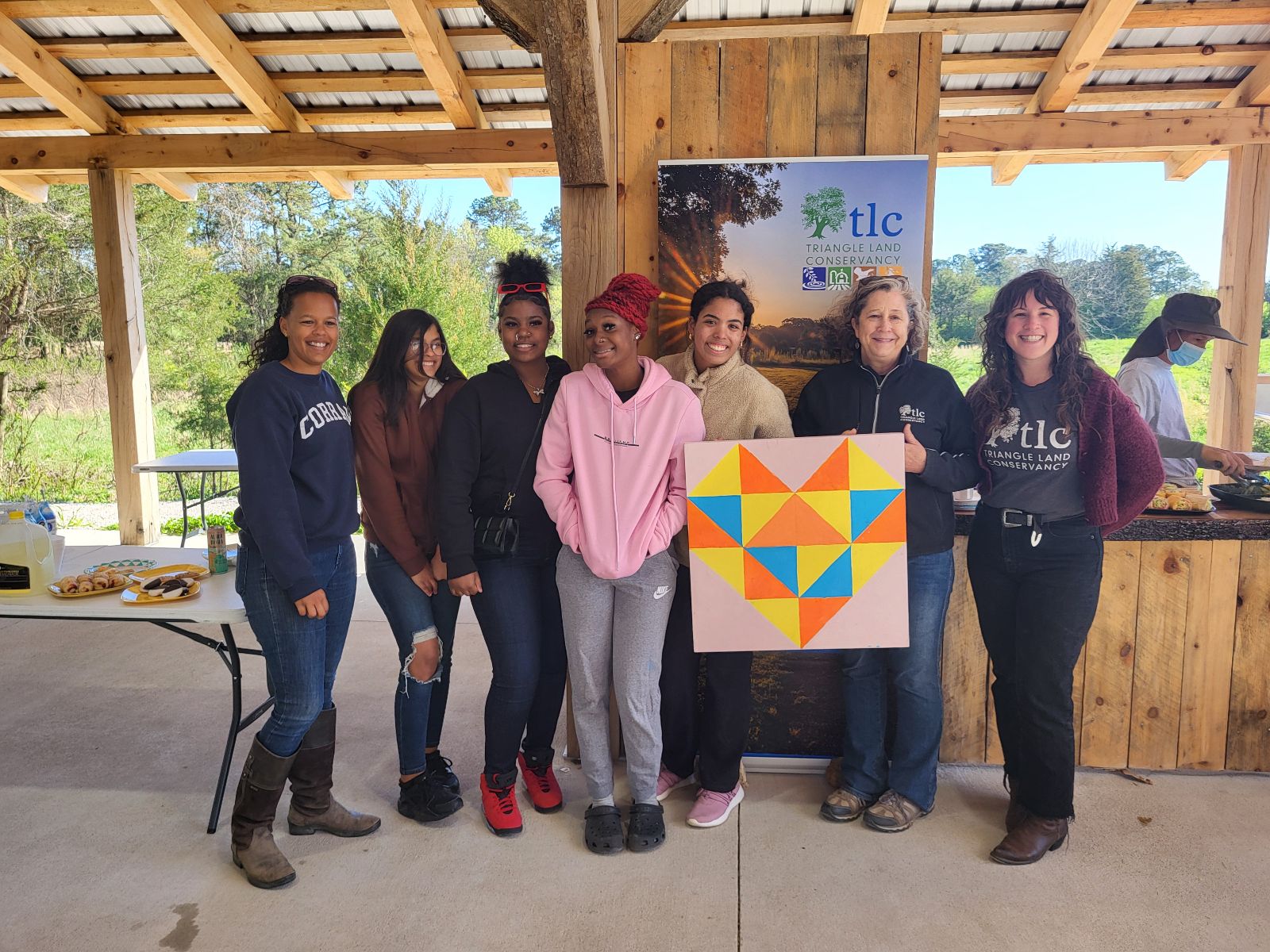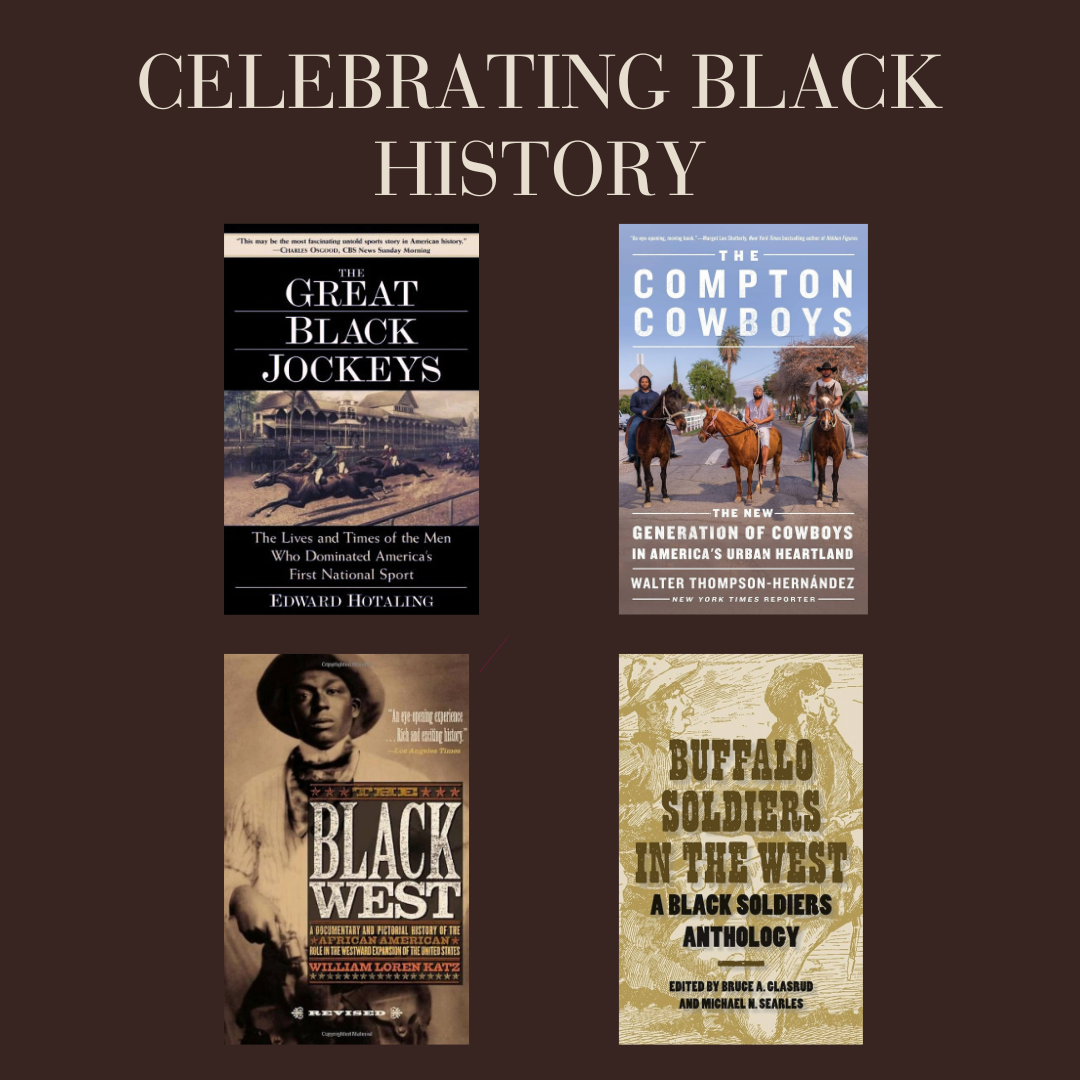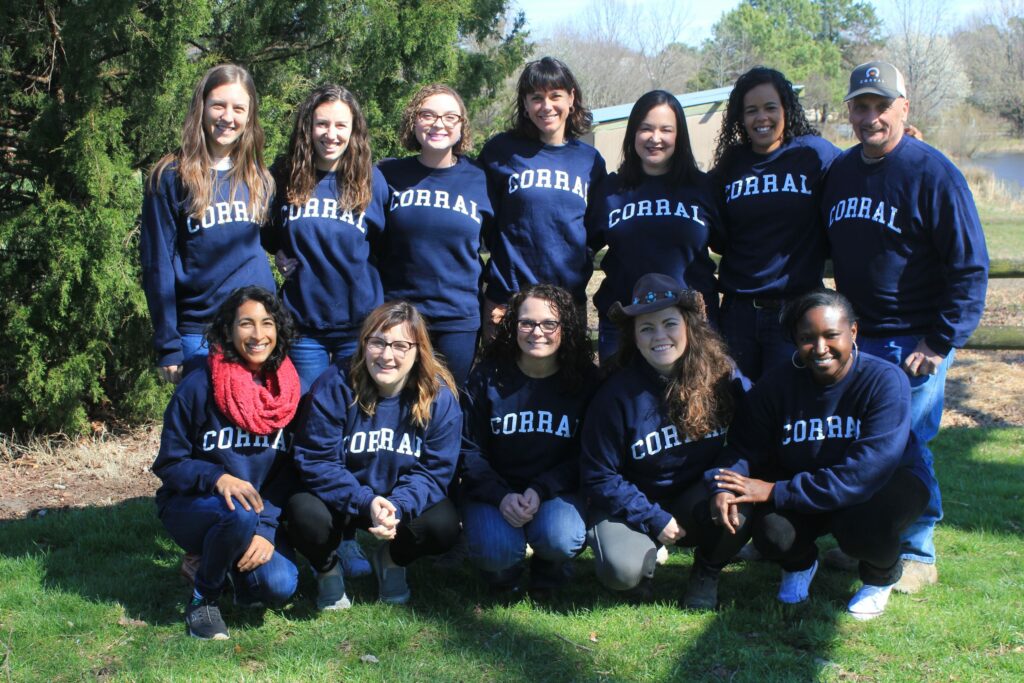Written by Camille Brown and Julia Soplop.
Growing up, we all learned about Thanksgiving in school. It’s a holiday for gratitude, a day when settlers and indigenous people came together and set aside their differences to have a peaceful meal. I have a distinct memory of making a paper Pilgrim hat or headband with feathers in it then sitting at a long table down our elementary school hallway to a styrofoam tray with mashed potatoes and turkey from our school cafeteria.
All through elementary school and well into middle school, this is what I was taught. My 8th grade year we were discussing the Holocaust and the definition of a genocide. As one of our major grades we were asked to choose a different genocide that happened in the history of the world and write a research paper about it. I remember going home and typing “genocides in the world” into our computer and discovering, well into the searches, something called The Trail of Tears.
The Trail of Tears was the forcible removal of Native Americans from their tribal land by the Jackson administration in the 1830s. At least 3,000 indigenous people died on the Trail of Tears. I remember arguing with my teacher about it. She said “the Trail of Tears is not classified as a genocide.” I wrote the paper anyway.
Make no mistake, the almost 90% of America’s Indigenous population who died after European Settlers arrived on their shores, is a genocide. On Thanksgiving this year and during National Native American Heritage Month, we really want to take some time to stop and reflect on the fact that most of us live, work, and recreate on land forcibly taken from its owners.
History of CORRAL’s Kildaire Farm Campus (written by Julia Soplop)
CORRAL specifically operates both farms on land that originally belonged to the Catawba Nation, who lived in the Piedmont region of North Carolina and South Carolina, as well as Virginia. They comprised around 15,000-25,000 people. The Catawba tended to welcome European settlers, and their villages became important colonial trading posts. They were also known as fierce warriors, and their early relationship with the English was mutually beneficial; they helped to protect colonists from attacks by other indigenous peoples and, in return, the English furnished the Catawba with supplies.
However in 1759, smallpox, which arrived with the Europeans, devastated the Catawba. By the following year, their population had shrunk to fewer than 1,000 people. Shortly thereafter, the King of England granted the Catawba a title to 144,000 acres of land—land that was a portion of what had already been theirs for thousands of years.
Soon relations between the Catawba and England began to shift, and the Catawba fought alongside the Continental Army to gain American independence. Afterward, white settlers decided they wanted the Catawba lands for themselves. South Carolina forced the nation to sign a treaty agreeing to abandon their land for a much smaller tract in Rock Hill, SC, that was less desirable to settlers at the time.
Today the Catawba Indian Nation, the only federally recognized tribe in South Carolina, still resides in Rock Hill and has 3,300 enrolled members. Their rich cultural heritage, including their 4,000-year-old pottery tradition, has survived along with them.
So, how do we move forward and honor these folks who once owned our land?
- Acknowledge our privilege. We use Native Land (they also have a great app!) to find the tribe whose land we are operating on.
- Learn about Indigenous people. As of 2018, there were over two million Indigenous people living in the U.S., spread across 574 tribes. Native Land has links to resources and information on all of them. Learn about the tribes in your community, and state and share that information with the people around you.
- Reparations. We owe Indigenous people our support. The Triangle Native American Society seeks to foster a local Native community while bridging the various cultural and traditional practices members bring from their respective home tribal communities. They do this through advocacy, education, and emergency funding for Native people.
At CORRAL, we are working hard to make sure historically excluded voices like those of Indigenous people, have a platform. Would you join us in that work and attend our virtual Night of Stories? The girls will share their poems, essays, and thoughts from the book they published, A Leg Up. We are excited to provide this space for them to Amplify their Voices. And, we want these girls to know that they are valued by their community, and their words matter.





